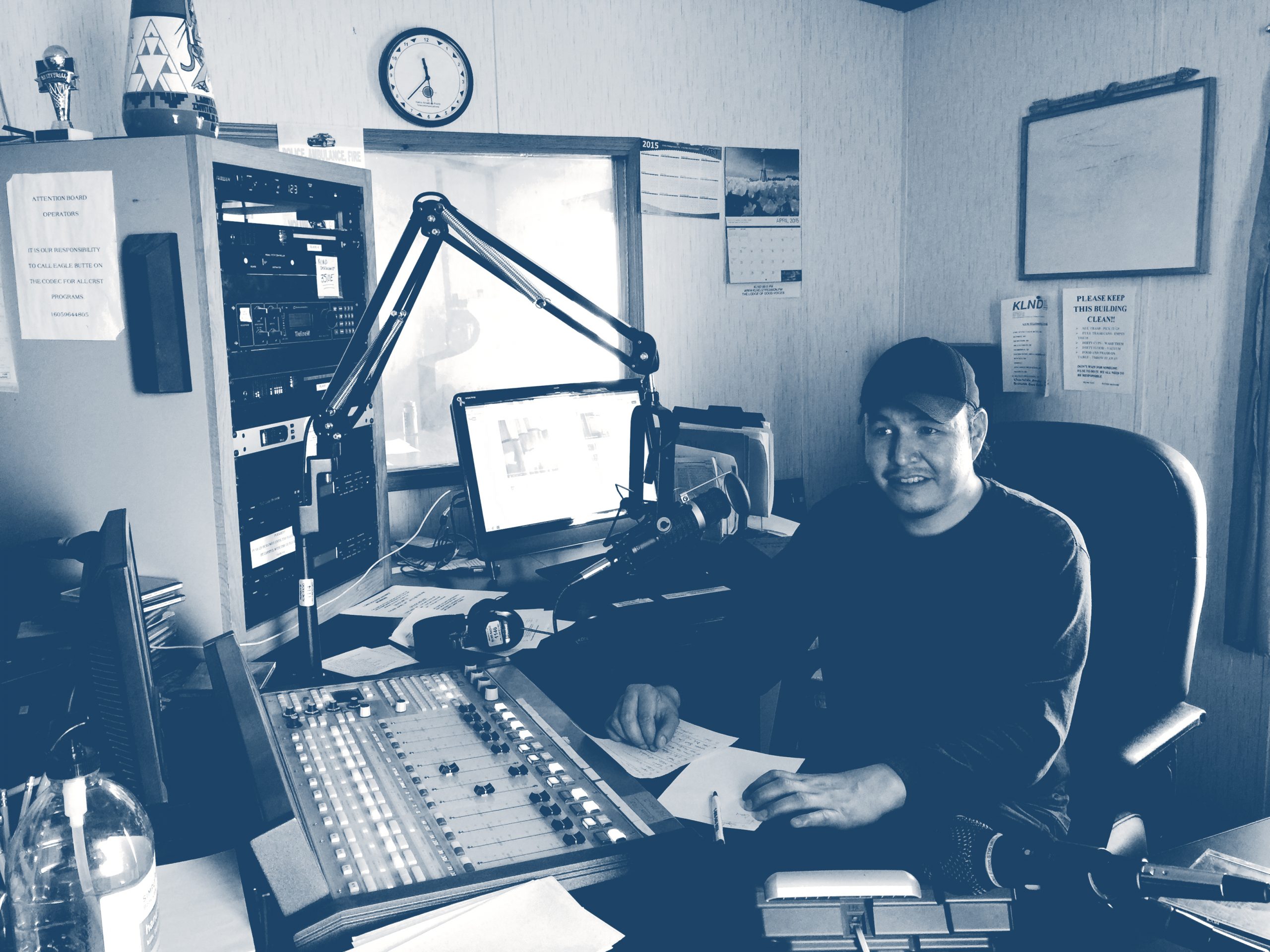NEW YORK (February 22, 2018) — The Knight First Amendment Institute at Columbia University announced today that Democracy Fund, First Look Media, and the Charles Koch Foundation will provide a total of $6.5 million to support the Institute’s work defending the freedoms of speech and the press. Democracy Fund and First Look Media, both part of the Omidyar Group, have pledged a total of $3.25 million over five years in general operating support. The Charles Koch Foundation has pledged $3.25 million over five years to help support the Institute’s litigation program, and this contribution will be matched by the John S. and James L. Knight Foundation under a challenge grant that was announced when Columbia University and Knight Foundation established the Institute in 2016.
“We’re grateful to Democracy Fund, First Look Media, and the Charles Koch Foundation for their significant and vital support of our work,” said Jameel Jaffer, the Knight Institute’s executive director. “The freedoms of speech and the press are under extraordinary stress right now. The privatization of the public square, the emergence of new technologies of disinformation and suppression, the expansion of the surveillance state, the steady creep of government secrecy, the draconian treatment of whistleblowers, the demonization of the media by the nation’s most senior officials – all of these present urgent threats to First Amendment freedoms. These new resources will enable us to confront these threats with new vigor.”
The Knight First Amendment Institute was established in 2016 by Columbia University and Knight Foundation to fortify First Amendment freedoms in the digital age. The Institute seeks to address 21st century challenges and develop 21st century approaches to the First Amendment, with a current concentration on strengthening legal frameworks for government transparency, reviving the First Amendment as a constraint on government surveillance, and protecting the integrity and vitality of public discourse. In the past year, the Institute has developed a cutting-edge litigation docket, launched an innovative research program, and hosted public programs that have featured some of the most provocative and insightful thinkers at the intersection of law, journalism, and technology.
“First Amendment freedoms are essential to active civic participation in the public square and a robust free press that helps hold power to account,” said Democracy Fund President Joe Goldman. “The Knight Institute is well positioned to address the new challenges facing the First Amendment in our digital age. We are proud to join the ranks of the Institute’s supporters and to pair our support with the grant from the Charles Koch Foundation.”
“We’re heartened to stand alongside the Democracy Fund, Knight Foundation, and First Look Media, with whom we share a commitment to openness, free expression, and a strong, free press,” said Charles Koch Foundation President Brian Hooks. “The full range of First Amendment freedoms are vital to a dynamic and open society. As these freedoms confront new and concerning threats, the Knight Institute plays a critical role in defending and preserving them.”
“Journalism is under assault. It’s imperative we support the mission of the Knight Institute to ensure the First Amendment is vigorously protected for the good of the public,” said Michael Bloom, CEO of First Look Media. “We’re proud to stand for free speech, fearless journalism and transparency in government so that our democracy functions as it was intended.”
The grants announced today build on support from the Ford Foundation, Carnegie Corporation, Hewlett Foundation, Knight Foundation, MacArthur Foundation, Open Society Foundations, Laura and John Arnold, as well as from Columbia University. The grant of $3.25 million over five years from Democracy Fund and First Look Media will provide unrestricted support for the full range of the Institute’s programming. The $3.25 million grant over five years from the Charles Koch Foundation will help endow the Institute’s litigation program and will be matched by Knight Foundation, which committed in 2016 to provide the Institute with $25 million in endowment funding to be matched by Columbia University or other sources.
“These new contributions help ensure that the Knight Institute will be a champion of free expression as the First Amendment is litigated and interpreted in a digital media world,” said Alberto Ibargüen, Knight Foundation president and Knight Institute board member. “The diversity of views among the donors is a thrilling testament to the foundational importance of free speech in our society.”
In the coming year, the Knight Institute will carry forward and expand its litigation docket, which currently includes a landmark lawsuit regarding government censorship on social media, a challenge to the Department of Justice’s refusal to disclose legal memos that constitute the binding law of the executive branch, and an effort to shed light on border agents’ practice of searching travelers’ laptops and cellphones. As part of its “Emerging Threats” series, which grapples with newly arising structural threats to free expression, the Institute will be publishing essays on the regulation of social media, antitrust, intermediary liability, over-classification, and the press clause. On March 23, the Institute will co-host a symposium with the Columbia Law Review on “Free Speech in an Age of Inequality.”
###
About the Knight Institute
The Knight First Amendment Institute is a non-partisan, not-for-profit organization established by Columbia University and the John S. and James L. Knight Foundation to defend the freedoms of speech and press in the digital age through strategic litigation, research, and public education.
For more information, contact the Knight Institute at ujala.sehgal@knightcolumbia.org.
About Democracy Fund
Democracy Fund is a bipartisan foundation established by eBay founder and philanthropist Pierre Omidyar to help ensure that our political system can withstand new challenges and deliver on its promise to the American people. Since 2011, Democracy Fund has invested more than $70 million in support of effective governance, modern elections, and a vibrant public square. For more, visit democracyfund.org.
About First Look Media
A bold, independent spirit defines everything we do at First Look — from journalism that holds the powerful accountable, to art and entertainment that shape our culture. Launched by eBay founder and philanthropist Pierre Omidyar, First Look Media is built on the belief that freedom of expression and of the press, diverse voices, and fiercely independent perspectives, are vital to a healthy democracy and a vibrant culture.
About Charles Koch Foundation
More than 50 years ago, Charles G. Koch began supporting education in the belief that everyone has the ability to learn, contribute, and succeed if they have the freedom and opportunity to do so. The Charles Koch Foundation, founded in 1980, continues this work by funding research and education that helps people expand their horizons, develop their skills, and help others. Through grants to nearly 350 colleges and universities nationwide and non-profit organizations, the Foundation connects scholars, students, and partners with the resources to explore diverse ideas and solutions that meet the challenges of our day. For more information visit charleskochfoundation.org.


